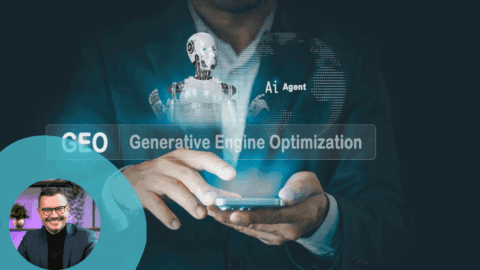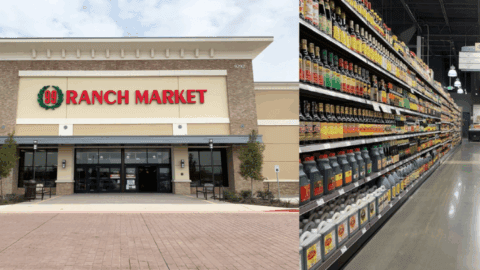A strong search engine is central to a successful e-Commerce experience: 80% of shoppers say that accuracy and convenience are the most important aspects of online shopping, according to the Shopping Barometer: Habits of the Modern Consumer survey by Adeptmind. Additionally, 60% of online shoppers find its most frustrating aspects to be irrelevant search results and the inability to find the specific item they’re looking for.
Most shoppers visit a retailer’s web site already knowing what they want: 82% of people only search online to buy a specific item. However, nearly half (47%) of shoppers without a specific purchase in mindstart their journey on Amazon.
“People go to Google or Amazon when they’re just shopping around and doing research,” said G Wu, Co-Founder and CEO of Adeptmind in an interview with Retail TouchPoints. “When they arrive at a retailer’s web site, they want to buy something — they have already made up their mind. If they still don’t buy something, it’s absolutely the retailer’s fault.”
To ensure visits to their sites turn into conversions, retailers need to help customers find what they want as quickly and simply as possible. An accurate search engine can boost conversion rates, while personalization can create an online experience closer to in-store shopping.
Strong Search Keeps Customers Loyal
Shoppers want relevant results when they search, beyond being shown products that directly match their keyword. For example, entering the term “basketball” at a sporting goods retailer shouldn’t return just the ball itself, but also accessories such as hoops, shoes, jerseys and other equipment.
Some solutions let customer service agents view and assist shoppers’ search queries in real time, according to Wu. When a search engine detects that it can’t properly respond to a query, live employees can manipulate the results to ensure the shopper gets to see relevant products.
“This is like bringing customer service agents online,” said Wu. “Previously, web sites were like a store with signs. Now it’s a store with signs and customer service agents helping real people.”
Artificial intelligence (AI) and deep learning solutions can learn from these agents’ interventions to return more accurate results in the future, according to Wu. Better search tools can, in turn, boost traditionally low online conversion rates: only 3% of shoppers always make a purchase every time they browse.
Retailers Must Bridge The Gap Between Site And Store
Nearly three-quarters (74%) of respondents to the Adeptmind study said they could better evaluate products in a store versus online. To address this imbalance, a strong search engine offering personalized results can provide an experience similar to interacting with an associate.
“People are open to an automated experience, but wish for a more human-like interpretation of their search,” said Wu. “This is where machine learning comes in. We are able to turn subjective queries into data-informed responses that brings the human element to an automated process.”
Personalized search results can return more than just a list of products, according to Wu. Providing tailored advice, coupons or gift offers helps a search double as a promotional opportunity while also building loyalty with the customer.
The wider benefits of personalization are undeniable: 39% of retailers credit personalization with improving customer acquisition, while 46% say personalization has boosted sales by up to 10%, according to the Retail TouchPoints Personalization Benchmark Report. The combination of personalization and accurate search results can increase conversions, build customer loyalty and enhance the shopper experience.













